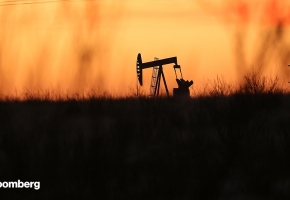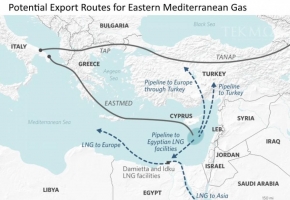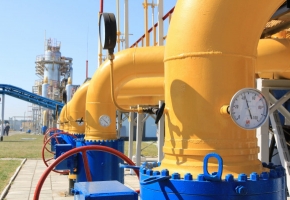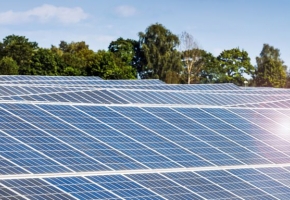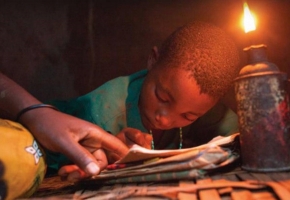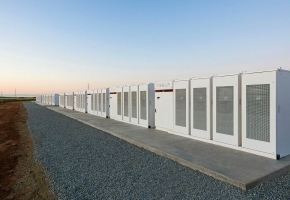Researchers probe fusion stability using mayonnaise

Mayonnaise continues to help researchers better understand the physics behind nuclear fusion. “We’re still working on the same problem, which is the structural integrity of fusion capsules used in inertial confinement fusion, and mayonnaise is still helping us in the search for solutions,” says Arindam Benerjee, the Paul B. Reinhold Professor of Mechanical Engineering and Mechanics at Lehigh University.
In simple terms, fusion reactions are what power the sun. If the process could be harnessed on earth, scientists believe it could offer a nearly limitless and clean energy source for humanity. However, replicating the sun’s extreme conditions is an incredibly complex challenge. Researchers are examining the problem from a multitude of perspectives.
Inertial confinement fusion is a process that initiates nuclear fusion reactions by rapidly compressing and heating capsules filled with fuel, in this case, isotopes of hydrogen. When subjected to extreme temperatures and pressure, these capsules melt and form plasma, the charged state of matter that can generate energy.
“At those extremes, you’re talking about millions of degrees Kelvin and gigapascals of pressure as you’re trying to simulate conditions in the sun,” says Banerjee. “One of the main problems associated with this process is that the plasma state forms these hydrodynamic instabilities, which can reduce the energy yield.”
“We use mayonnaise because it behaves like a solid, but when subjected to a pressure gradient, it starts to flow,” he says. Using the condiment also negates the need for high temperatures and pressure conditions, which are exceedingly difficult to control.
Ultimately, Banerjee and his team are part of a global effort to turn the promise of fusion energy into reality. And they are all working towards making inertial fusion cheaper and therefore, attainable.
Source: Lehigh University
